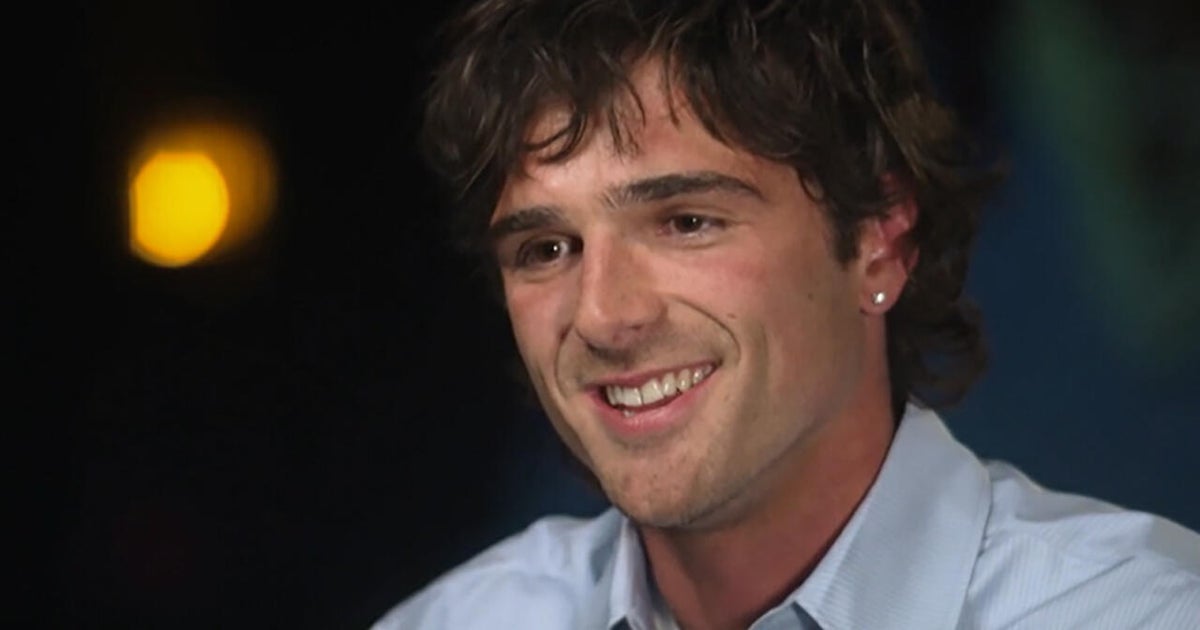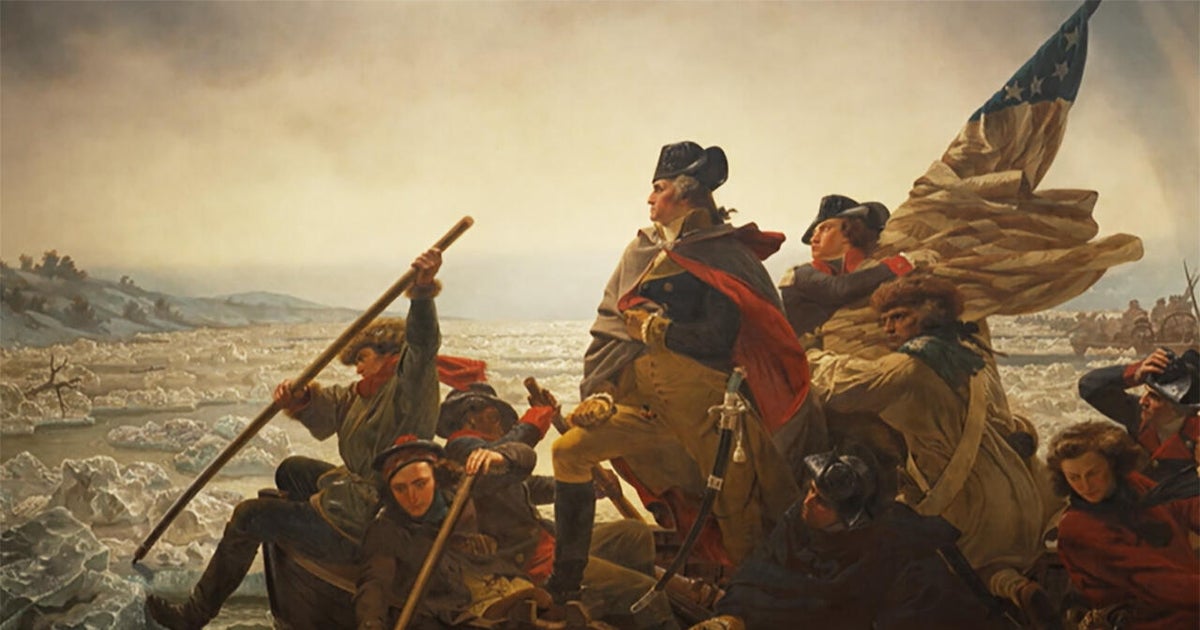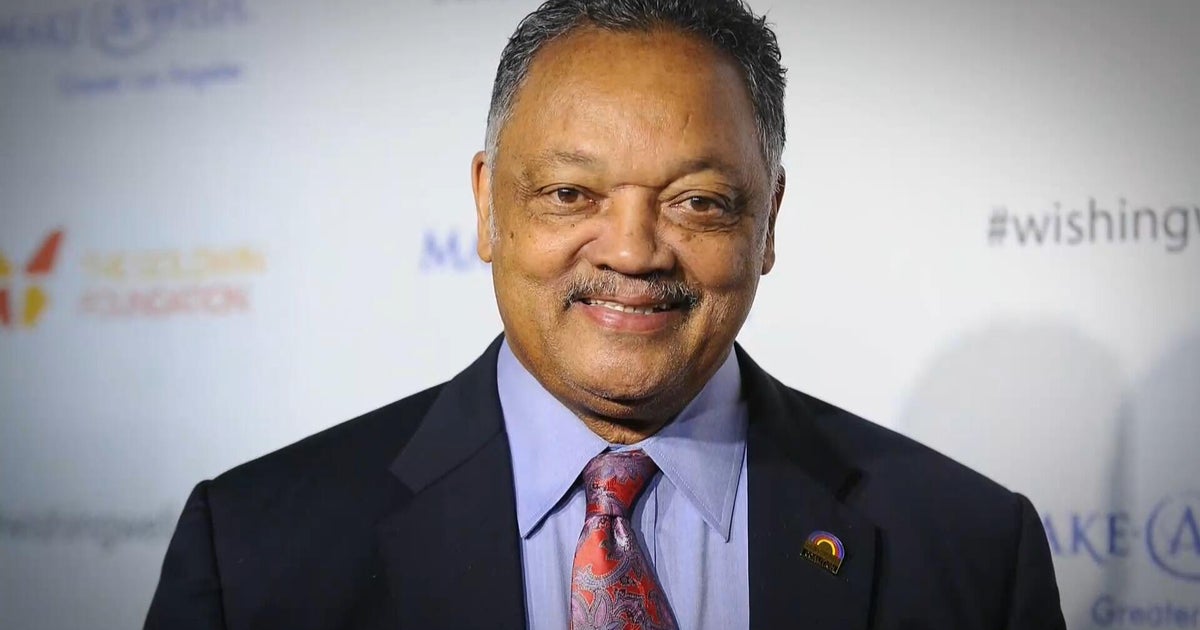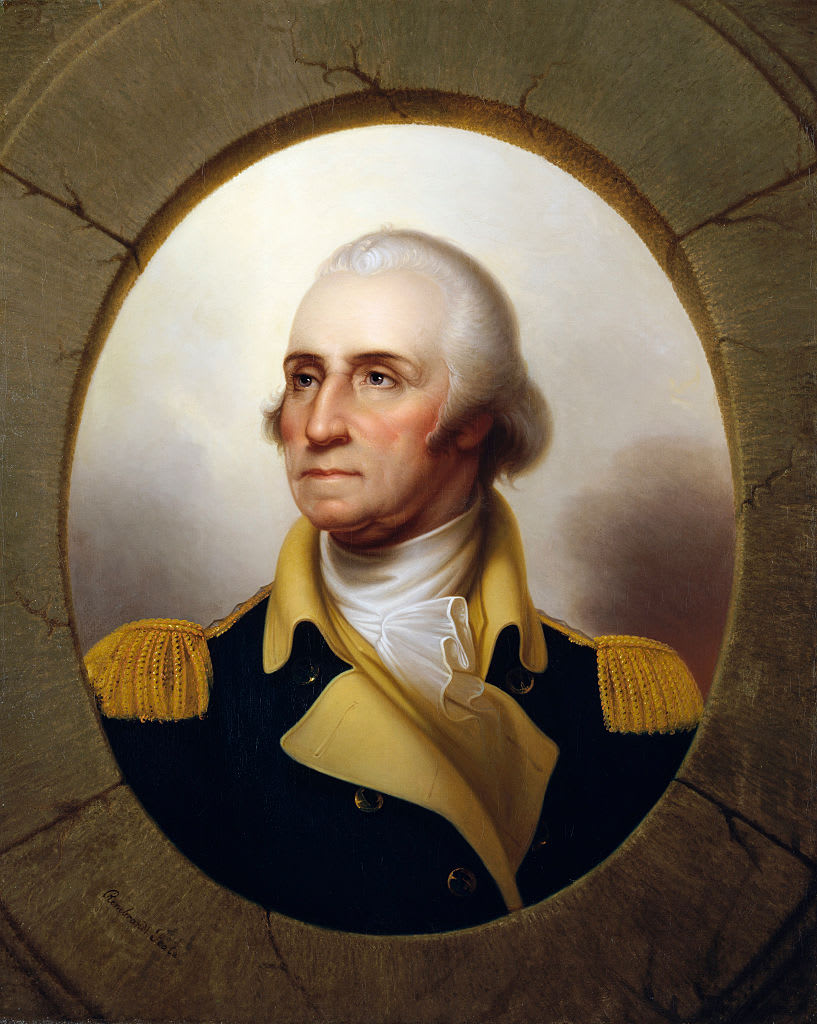Remembering Groucho Marx
The Marx Brothers are arguably America's most famous four brothers. They are definitely also the funniest.
There is Chico, with the fake Italian accent; Harpo, the silent type, who let a horn do the talking and a harp do the singing; Zeppo, the straight man ... and then there is Groucho — the look, the lope, the legend — who made the comedy team what it was.
Sunday marks the 30th anniversary of his death.
"Groucho was a very significant artist and an American artist and someone who is really precious and original," actor Elliott Gould told Sunday Morning anchor Charles Osgood.
Gould says his own performance in the 1970 film "MASH" was influenced by Groucho. The two became friends, when Marx was in his eighties and Gould was just over 30.
"Groucho would let me shave him with his electric razor late in the morning," he said. "He'd be fully dressed standing up watching reruns of Burns and Allen and Jack Benny."
Gould says what made Groucho great was his ability to find humor in anything — even death, for example.
"Somebody said to Groucho, 'How would you like to be remembered?'" Gould said. "And Groucho said, 'Preferably alive.'"
Perhaps at the core of the Marx Brothers' genius was a defiance of authority: social, political, you name it.
"They were basically anarchists," comedian and producer David Steinberg said. "That's what they did. They took an institution and they attacked it in every way that they possibly could."
Steinberg said the Marx Brothers are most famous for the movie "Duck Soup," which he said is an anti-war film.
"They always went at something," he said. "'Monkey Business' was on a ship. Class differences is what they dealt with."
Steinberg helped write the play "Minnie's Boys" about the Marx Brothers and the Marx mother.
Groucho was born in 1890 in New York City. The family was Jewish and they were broke. Their mother Minnie was the stereotypical stage mom — pushing her boys into vaudeville while they were still kids.
They eventually became popular. And by 1924 they'd made it to Broadway with three straight hits — including the shows "The Coconuts" and "Animal Crackers." Both plays were made into movies.
Groucho saw his reputation grow with each new film. A loyal legion of fans or fanatics endures to this day.
"I think I've seen 'Horse Feathers' about 28 times," Washington Post columnist and executive editor of American Prospect magazine, Harold Meyerson, said. "And that qualifies me as a fanatic."
His favorite scene is when Groucho and Chico are discussing a viaduct and cannot seem to understand each other.
"He and Groucho sit down and get every possible permutation and combination out of a series of mispronunciations and bad puns, more than anyone's ever done in one scene," Meyerson said.
"I don't think anyone has better combined physical and verbal comedy than Groucho Marx," actor Frank Ferrante said. "I mean, he's really an incredible, athletic performer."
The zeal of some fans, like Ferrante, goes beyond mere obsession: He has parlayed his love of Groucho into a career, playing the comic about 2,000 times in "A Life in Review."
"There was a guy my age, in his early 40s, that came up to me at the end of the night and he says, 'You're the guy,'" Ferrante said. "I said, 'What do you mean by that?' He goes, 'You're the guy. We all wanted to be Groucho, but you're the guy that got to be Groucho.'"
Groucho got to be Groucho in so many legendary scenes, it's understandable why fans still argue over which is the very best. Many shout 'bravo' for the famed opera satire in "Night at the Opera." Others prefer the legendary stateroom scene in the same movie. But there's no debate over the leading lady.
"Margaret Dumont symbolized for them this sort of genteel propriety, the last vestiges of Victorian culture," Meyerson said. "Groucho later said that Margaret Dumont never understood the jokes."
But audiences did. And they followed Groucho to that fledgling medium television where he found a second calling as host of the wildly popular TV quiz show "You Bet Your Life."
"The first fan of 'You Bet Your Life' was Groucho," said author Charlotte Chandler who wrote about Groucho after befriending him in his later years. "And he loved that show. I remember one of the things he always said, 'Is it sad or high-kickin'?' And he said that was his philosophy of life. And that it was important in life to make it as high-kickin' as you could."
He was high-kickin' to the end. Though his health declined, his spirit never did — nor his trademark brand of humor. Steinberg remembers a restaurant lunch when Groucho was recognized by a priest.
"He said, 'Oh Mr. Marx, we didn't see you. I want to thank you for bringing so much joy into the world.' And Groucho, without looking up from his soup said, 'And I want to thank you for taking so much out.' And he went back and just ate his soup. And they just wandered off."
Ferrante recalls watching Groucho give a talk at 85, less than a year before he died.
"Finally somebody asks Groucho, 'Are you making any new Marx Brothers movies?' You can hear a pin drop," Ferrante said. "He pauses and says, 'No, I'm answering stupid questions.'"
Elliott Gould has a more personal memory. The last time he saw Groucho he had clear tubes going into his nose and mouth. He looked at Gould and pretended he was playing the flute or some kind of instrument.
"So, that was Groucho Marx," Gould said.



